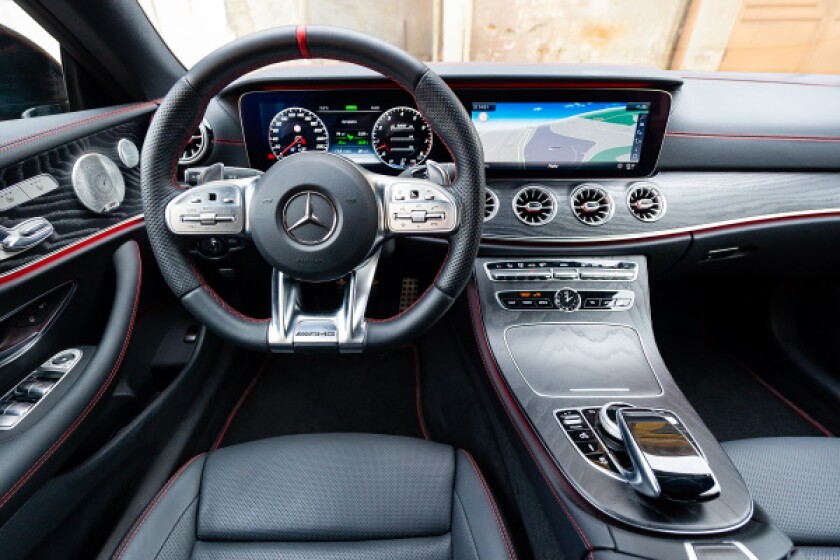Nokia and Daimler have signed a patent licence agreement and settled all pending litigation, including a referral made to the Court of Justice of the EU, it was announced today.
Under the agreement, all the cases between the Finnish telecoms company and the German car maker filed in Mannheim, Munich and Düsseldorf will come to an end, and Daimler will withdraw its antitrust complaint at the European Commission.
This settlement brings a long-fought battle over standard essential patent (SEP) licensing in the automotive space – once described as a "holy war" – to an abrupt conclusion, dashing hopes of a legal answer to the end-point versus component-level licensing debate.
The deal sets out that Daimler will make payments to Nokia for licences to the latter’s mobile telecommunications technology, although the terms of agreement will be kept confidential, as agreed between the two parties.
Jenni Lukander, president at Nokia Technologies, said: “The agreement is a hugely significant milestone which validates, once again, the quality of our patent portfolio, the contribution of Nokia’s R&D to the connected vehicle industry, and the growth opportunities for our automotive licensing programme.”
Related stories
Over the past couple of months, the EPO and the Federal Patent Court in Germany have upheld the validity of Nokia’s patents, potentially spurring Daimler to settle its dispute with the Finnish telecoms firm.
In November 2020, the Higher Regional Court of Düsseldorf referred Nokia’s case against Daimler to the CJEU to get further clarity on the SEP dispute between the two companies.
In August, Germany’s Mannheim Regional Court ruled that Daimler had demonstrated unwillingness to take a fair, reasonable and non-discriminatory licence to Nokia’s LTE technology patents, and rejected a request from Germany’s Federal Cartel Office to refer legal questions to the CJEU.
After that first big loss for Daimler, Eeva Hakoranta, chief licensing officer at InterDigital in Finland and former head of IP at Nokia, said it was as if Daimler was marching its suppliers into a holy war by insisting on component-level licensing.
The announcement today did not clarify whether the settlement will help resolve a US antitrust case between Continental (one of Daimler’s suppliers) and the SEP licensing platform Avanci.











